Birth Trauma
Trigger warning. For some people this may bring up uncomfortable thoughts and emotions.
It’s birth trauma awareness week.
1 in 3 Australian women identify their birth as traumatic.
Birth trauma is not only the physical trauma but also the psychological trauma; or a combination of both.
Physical trauma can include perineal tears, pelvic floor muscle damage, prolapse, and pelvic/sacral fractures to name a few. Psychological trauma can be equally as debilitating including postnatal depression, anxiety and post traumatic stress disorder, which can sometimes extend for years after the traumatic event.
Many women do not even realise they are suffering from birth trauma until they have time to reflect or share their birthing story with another. This is compounded by the fact that they are trying to ‘hold it together’ to care for their newborn baby.
Physiotherapy has been shown to play an important role in the recovery from birth trauma - typically from symptoms such as stress urinary incontinence, faecal incontinence, prolapse, sexual dysfunction, and musculoskeletal pain.
Remember you know yourself better than anyone. If you feel that something ‘isn’t right’ don’t be afraid to seek help and ask questions.
